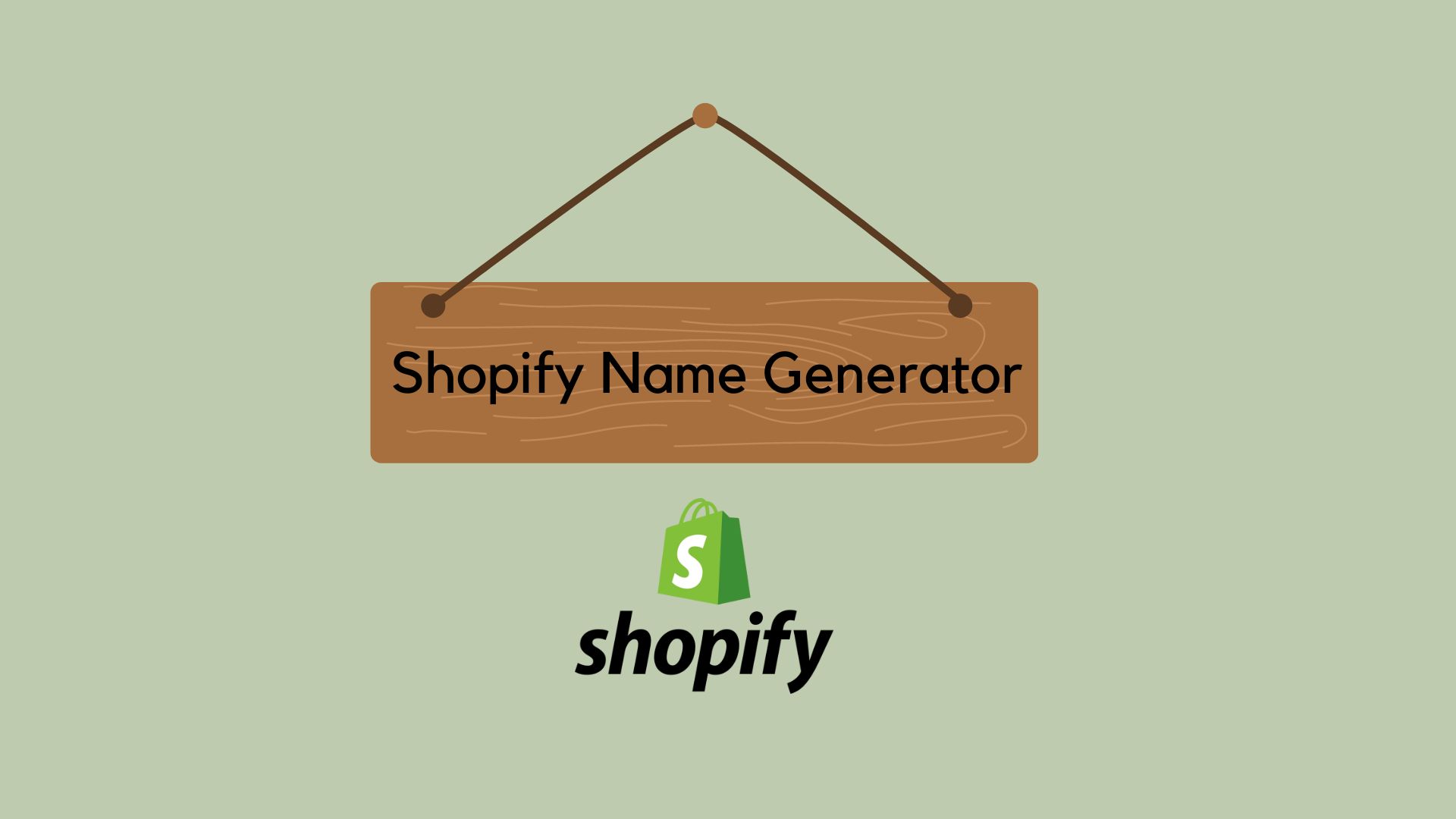
Business Name Generator by Shopify: Complete Buyer's Guide
Free AI-powered naming tool for e-commerce entrepreneurs
Business Name Generator by Shopify is a free AI-powered naming tool designed specifically for e-commerce entrepreneurs seeking rapid brand ideation with integrated domain availability checking [43][48][50].
Market Position & Maturity
Market Standing
Shopify's strategic positioning as an e-commerce platform leader rather than a specialized naming solution provider. The tool competes through integrated workflow efficiency rather than advanced naming capabilities [50].
Company Maturity
Shopify's established infrastructure and operational scale provide operational stability that newer naming-focused startups may lack.
Growth Trajectory
The tool serves as an acquisition and retention mechanism for Shopify's core e-commerce services, with success measured by store creation facilitation rather than naming tool revenue generation.
Industry Recognition
Shopify's established reputation in e-commerce provides credibility and trust that benefits the naming tool.
Strategic Partnerships
Shopify's ecosystem approach, with integrations focused on e-commerce functionality rather than naming-specific collaborations.
Longevity Assessment
The tool's integration into Shopify's core workflow ensures continued operation and maintenance, though feature enhancement priority may remain secondary to Shopify's primary e-commerce development initiatives.
Proof of Capabilities
Customer Evidence
Primary user demographics include startups and SMBs in e-commerce, fashion, and crafts sectors [42][48].
Quantified Outcomes
Technical implementation requires minimal complexity, with users able to complete keyword entry, name generation, and domain availability checking in under 10 seconds [48][50].
Case Study Analysis
Documented case studies of successful rapid deployment for basic naming requirements, particularly among entrepreneurs launching new Shopify stores.
Market Validation
The seamless connection to Shopify's store creation process provides measurable value for merchants committed to the platform.
Competitive Wins
The platform's ability to provide immediate domain availability feedback within a familiar ecosystem represents a measurable advantage for users already committed to Shopify's e-commerce platform.
Reference Customers
Effectiveness for e-commerce store launch naming, product line expansion ideation, and rapid concept validation scenarios [40][48].
AI Technology
Keyword-driven algorithms to generate name suggestions within seconds, combining user inputs with industry preferences and brand identity requirements [42][48][50].
Architecture
Seamlessly integrated into the store creation workflow, leveraging Shopify's existing cloud architecture for reliable performance and scalability [48][50].
Primary Competitors
Specialized naming platforms like Namify and comprehensive solutions like Atom's enterprise services [34][39][46][51].
Competitive Advantages
Deep e-commerce integration and immediate domain availability feedback within a familiar ecosystem [50].
Market Positioning
Shopify's broader platform approach, with the naming tool serving as an acquisition and retention mechanism for core e-commerce services rather than a standalone revenue generator.
Win/Loss Scenarios
Win scenarios favor Business Name Generator by Shopify when organizations prioritize rapid e-commerce deployment within the Shopify ecosystem over advanced naming features [50]. Loss scenarios occur when organizations require trademark screening, multilingual capabilities, or enterprise-grade brand strategy integration [46][51].
Key Features

Pros & Cons
Use Cases
Integrations
Featured In Articles
Comprehensive analysis of AI Brand Naming for AI Marketing & Advertising for AI Marketing & Advertising professionals. Expert evaluation of features, pricing, and implementation.
How We Researched This Guide
About This Guide: This comprehensive analysis is based on extensive competitive intelligence and real-world implementation data from leading AI vendors. StayModern updates this guide quarterly to reflect market developments and vendor performance changes.
52+ verified sources per analysis including official documentation, customer reviews, analyst reports, and industry publications.
- • Vendor documentation & whitepapers
- • Customer testimonials & case studies
- • Third-party analyst assessments
- • Industry benchmarking reports
Standardized assessment framework across 8 key dimensions for objective comparison.
- • Technology capabilities & architecture
- • Market position & customer evidence
- • Implementation experience & support
- • Pricing value & competitive position
Research is refreshed every 90 days to capture market changes and new vendor capabilities.
- • New product releases & features
- • Market positioning changes
- • Customer feedback integration
- • Competitive landscape shifts
Every claim is source-linked with direct citations to original materials for verification.
- • Clickable citation links
- • Original source attribution
- • Date stamps for currency
- • Quality score validation
Analysis follows systematic research protocols with consistent evaluation frameworks.
- • Standardized assessment criteria
- • Multi-source verification process
- • Consistent evaluation methodology
- • Quality assurance protocols
Buyer-focused analysis with transparent methodology and factual accuracy commitment.
- • Objective comparative analysis
- • Transparent research methodology
- • Factual accuracy commitment
- • Continuous quality improvement
Quality Commitment: If you find any inaccuracies in our analysis on this page, please contact us at research@staymodern.ai. We're committed to maintaining the highest standards of research integrity and will investigate and correct any issues promptly.